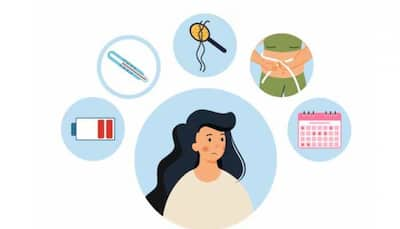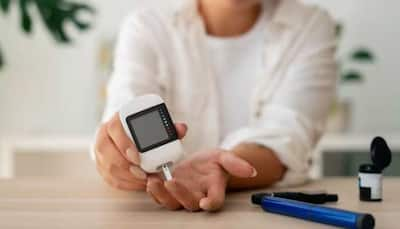Menopause is a natural biological process that marks the end of a woman’s reproductive years. It typically occurs between the ages of 45 and 55, although the timing can vary. While menopause is a natural phase of life, it can bring significant changes to physical, emotional, and mental health. Understanding these impacts can help women navigate this transition more effectively.
Menopause is defined as the cessation of menstrual periods for 12 consecutive months. It occurs due to the decline in the production of hormones like estrogen and progesterone by the ovaries. The phase leading up to menopause, known as perimenopause, can last several years and is characterized by fluctuating hormone levels.
Sudden feelings of heat, often accompanied by sweating and flushing, are common during menopause. Night sweats can disrupt sleep.
Decreased estrogen levels affect the hypothalamus, which regulates body temperature.
Reduced estrogen levels can lead to bone density loss, increasing the risk of osteoporosis and fractures.
Calcium and vitamin D intake, regular weight-bearing exercises, and bone density screenings can help.
Estrogen helps maintain healthy cholesterol levels and blood vessels. Its decline can increase the risk of heart disease.
Maintain a heart-healthy diet, exercise regularly, and avoid smoking.
Slower metabolism and hormonal changes can lead to weight gain, particularly around the abdomen.
Focus on a balanced diet, portion control, and regular physical activity.
Hormonal fluctuations may cause irritability, anxiety, or depression in some women.
Practice mindfulness, seek social support, and consider counseling if needed.
Insomnia and disrupted sleep patterns are common due to hormonal shifts and night sweats.
Maintain a consistent bedtime routine, reduce caffeine intake, and create a comfortable sleeping environment.
Reduced collagen production can lead to dry skin, thinning hair, and increased wrinkles.
Use moisturizing skincare products and consider supplements like omega-3 fatty acids for skin and hair health.
Vaginal dryness, decreased libido, and urinary incontinence may occur due to reduced estrogen.
Vaginal moisturizers, lubricants, or hormone therapy can alleviate discomfort.
Stay informed on all the , real-time updates, and follow all the important headlines in and on Zee News.










